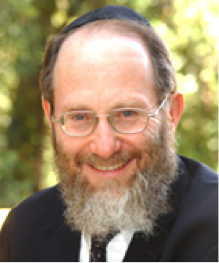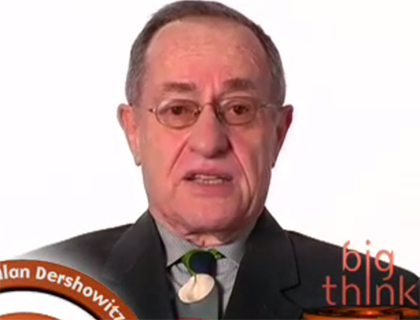Day 30
The Definitions of Self
In memory of Rabbi Pinchas Hoffenberg, murdered in the Šiauliai Ghetto.
CLICK HERE TO BUY THE BOOK

Rabbi Shaya Karlinsky
Rabbi Karlinsky is co-founder and Dean of the Darche Noam Institutions, Yeshivat Darche Noam/David Shapell College and the Midreshet Rachel v’Chaya College of Jewish Studies for Women. His reputation as an expert educator is a reflection of both his academic training and his motivational personality. Through his direct approach of questioning students and forcing them to question themselves, he has succeeded in awakening inquiring minds for Torah study throughout the years. A Los Angeles native, Rabbi Karlinsky studied at UCLA before going to Israel in 1968, to study at Yeshivat Kerem B’Yavneh and the Mir Yeshiva. After receiving smicha from ITRI, he completed a Master’s degree in educational psychology at Philadelphia’s Temple University and returned to Israel in 1975. His “eye” for connecting with students on their individual levels and his ability to see straight to the core of issues can be partially attributed to skills gained from his work as a widely published photojournalist.





